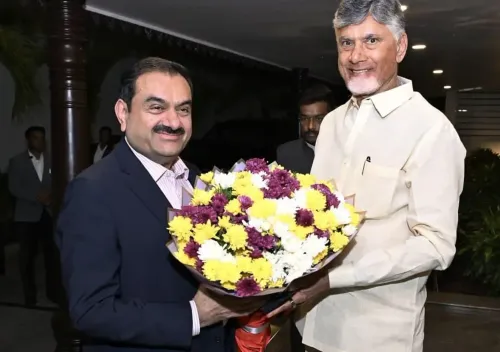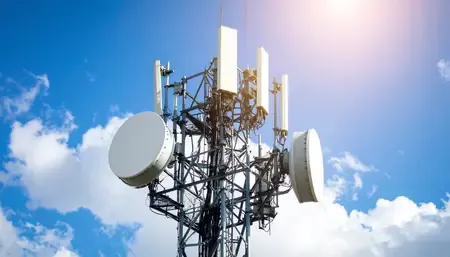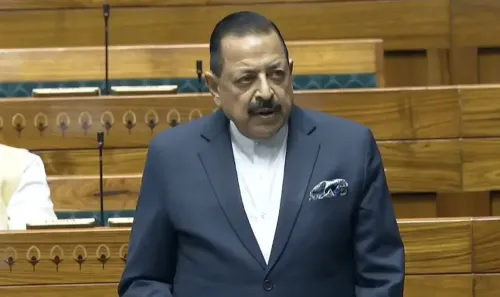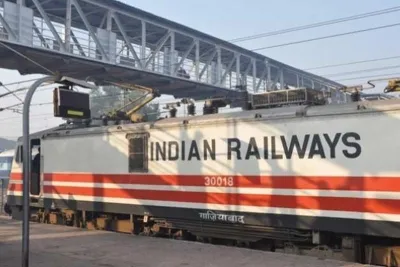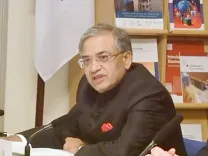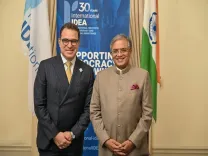India-EU FTA Set to Dismantle Trade Barriers in Evolving Geopolitical Landscape: Insights from UIA's Carlo Mastellone
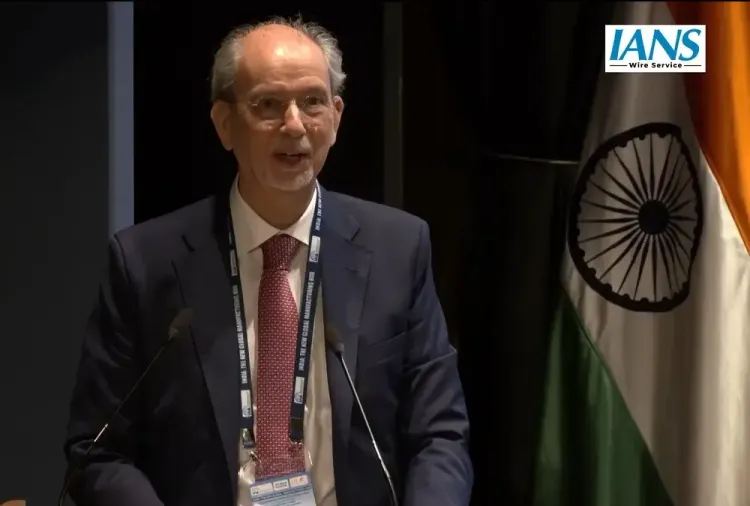
Synopsis
Key Takeaways
- India-EU FTA set to enhance market access.
- Shift from multilateralism to bilateralism.
- Focus on defense industry and policy discussions.
- Collaboration in trade, technology, and green transition.
- UIA advocates for the rule of law and legal independence.
New Delhi, March 29 (NationPress) The bilateral free trade agreement (FTA) between India and the European Union is poised to improve market access and eliminate trade barriers for both countries in this evolving geopolitical landscape, stated Carlo Mastellone, President of UIA, Studio Legale Mastellone, based in Florence, Italy, during a seminar on Saturday.
At the event held in the national capital, Mastellone emphasized that India’s large domestic market presents a prime opportunity to shift from a multilateral to a bilateral approach.
“From the standpoint of the European Union, which is my area of focus, we are examining one of the bilateral free trade agreements (FTAs). Achieving this from a European perspective is vital in the current geopolitical situation,” Mastellone conveyed to the audience.
Earlier in February, Prime Minister Narendra Modi and European Commission President Ursula von der Leyen agreed to accelerate the completion of the India-EU FTA by the year’s end and to engage in more targeted discussions regarding the defense industry and policies to discover opportunities in new initiatives and programs.
The leaders tasked their respective negotiating teams with pursuing negotiations for a balanced, ambitious, and mutually advantageous FTA, aiming to finalize it within the year. Officials were urged to collaborate as trusted partners to enhance market access and dismantle trade barriers.
Both leaders acknowledged the progress made by the second ministerial meeting of the India-EU Trade and Technology Council (TTC), which focused on fostering deeper collaboration and strategic alignment across trade, trusted technology, and green transition.
During the seminar, Mastellone also highlighted the UIA’s mission of establishing connections and networking among lawyers from diverse systems and cultures “for the benefit of lawyers worldwide.”
“There is a need for us to unite in support of the rule of law, human rights, and the defense of lawyers facing persecution by governments or other entities,” he asserted, emphasizing the importance of advocating for the independence of the legal profession, a stance India clearly upholds while confronting the “challenge of contributing responsibly towards global peace.”
The UIA is a global and multicultural association for the legal profession, founded in 1927 and currently boasting members from 110 countries.


